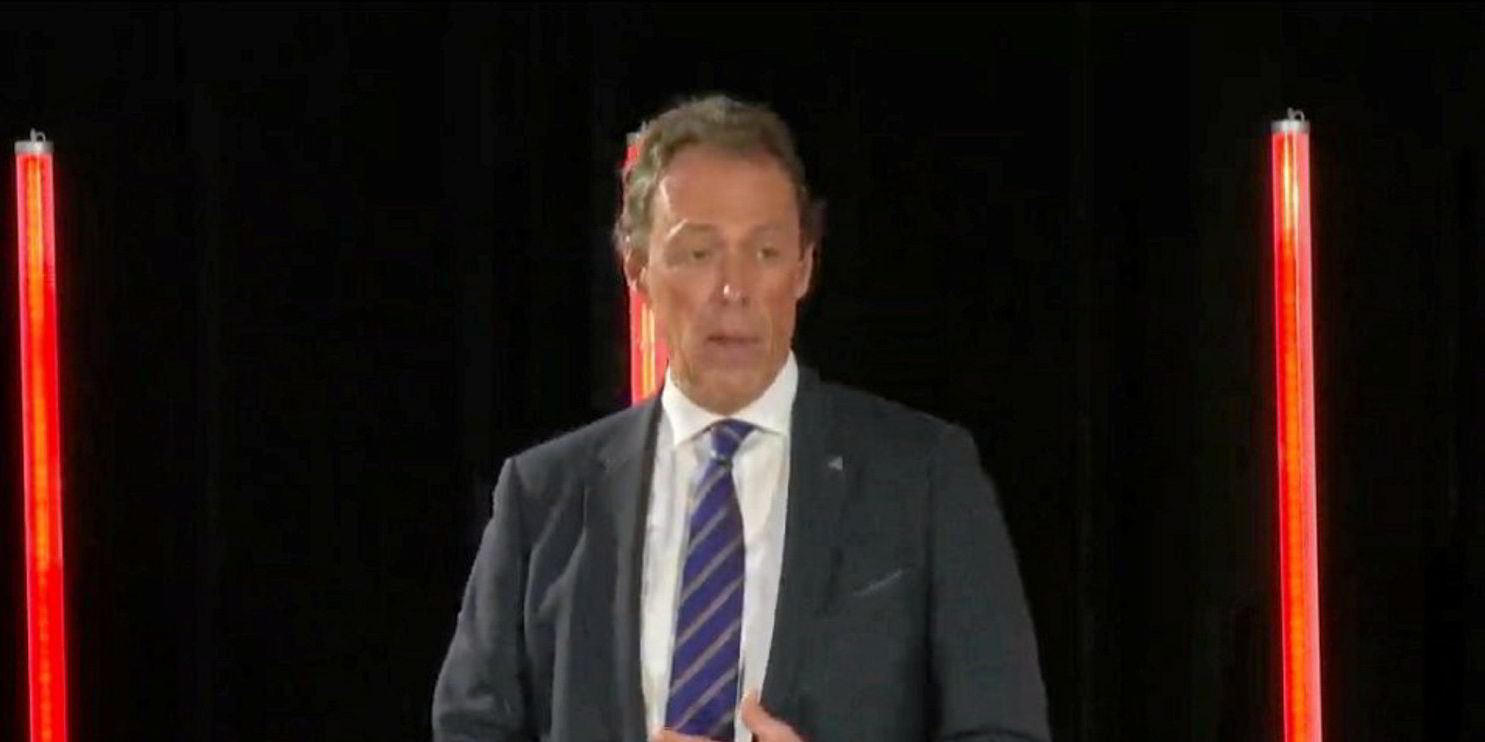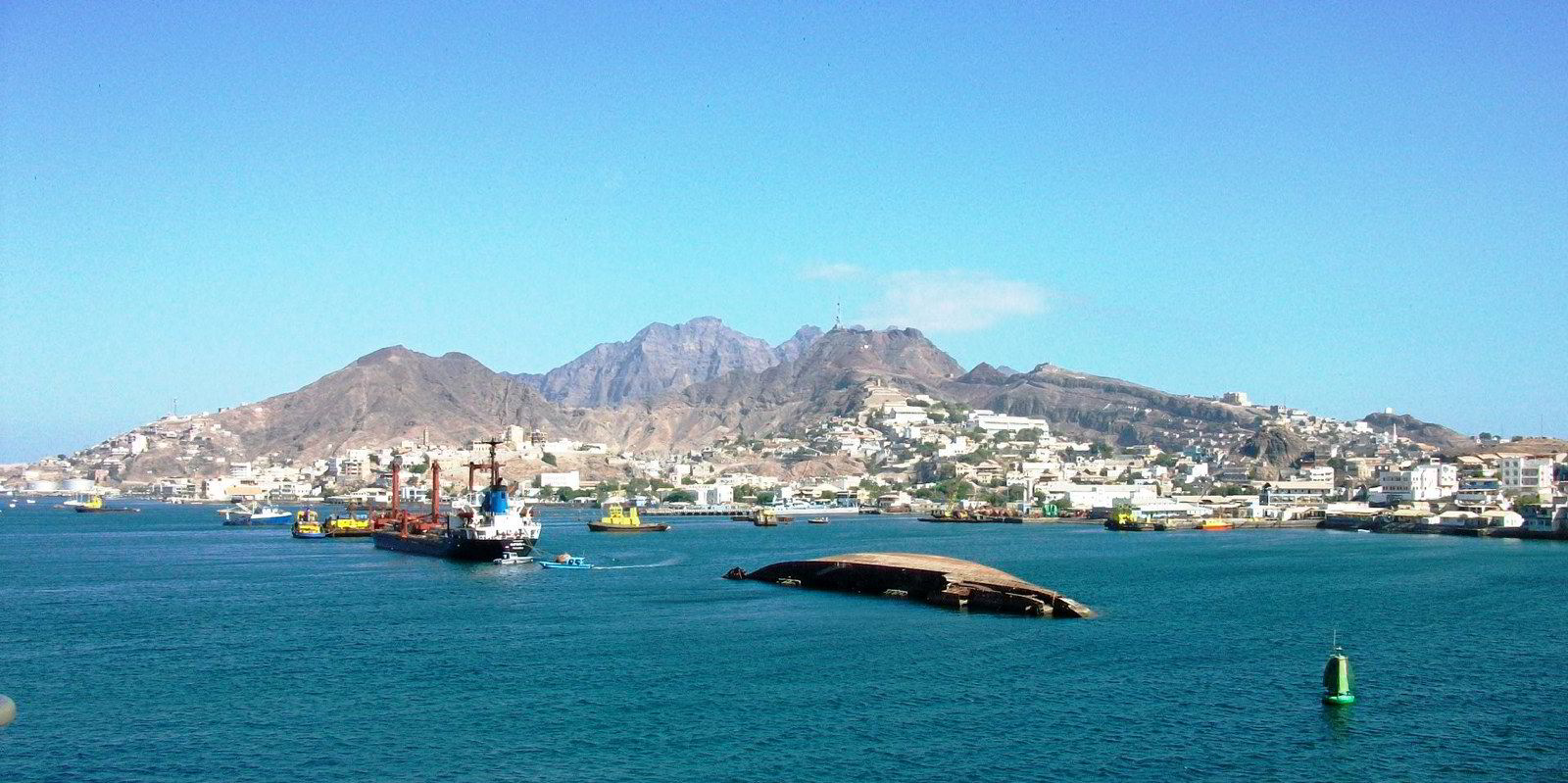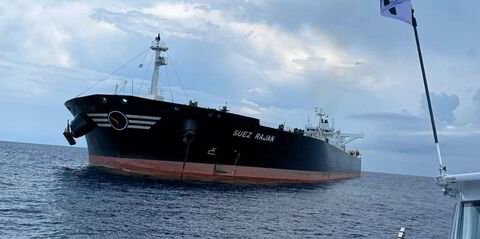The key Belgian port of Antwerp-Bruges saw LNG and bulk cargo volumes grow last year as a result of the war in Ukraine.
The port company said it managed to hold its own in a year full of geopolitical challenges that saw overall throughput down 0.7% to 286.9m tonnes.
Pressure was felt in the container ship sector as delays and congestion affected box numbers.
The conflict in Ukraine caused a decrease in Russia-related traffic by 59%.
High energy prices and economic uncertainty also contributed to a slowdown in demand for container traffic, meaning throughput ended down 8.6% in tonnes and 5.2% in teu terms in 2022.
Russia’s invasion changed the energy landscape in Europe, the port company said.
This translated into strong growth in dry bulk handling, which increased by 13.8%.
Coal throughput, in particular, experienced a sharp increase of 210% due to the substantial rise in demand for coal-powered generation. Fertilisers, however, declined 18.3% due in part to sanctions on Russia and significantly higher prices.
The liquid bulk segment grew 10%, mainly due to a 61.3% jump in demand for LNG as an alternative to natural gas via pipelines from Russia.
LPG also grew 30%, petrol volumes were up 7%, diesel/fuel oil rose by 10% and naphtha increased 7.5%.
Antwerp-Bruges is aiming to be a European hub for the import, local production and throughput of green hydrogen and hydrogen carriers, management said in a conference on Wednesday morning.
New green vessels
The company is also developing new tugs powered by hydrogen and methanol for its fleet.
Chief executive Jacques Vandermeiren said: “2022 was, once again, an eventful year, with many logistical and geopolitical challenges. As a world port, we are at the centre of this drama and are holding up well”.
Annick De Ridder, board president, said the merger with the port of Bruges last spring has added value to the group.
“We are confident that in 2023 we can continue to focus on sustainable economic growth,” she added.




